Empowering the Philippine electricity market in an evolving and transforming energy landscape
As required by Republic Act No. 9136, otherwise known as the Electric Power Industry Reform Act (EPIRA), the Independent Electricity Market Operator of the Philippines, Inc. (IEMOP) serves as the independent market operator of the Wholesale Electricity Spot Market (WESM), a centralized venue among large-scale electricity buyers and sellers. Established in 2018, the IEMOP is […]
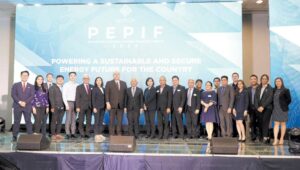
As required by Republic Act No. 9136, otherwise known as the Electric Power Industry Reform Act (EPIRA), the Independent Electricity Market Operator of the Philippines, Inc. (IEMOP) serves as the independent market operator of the Wholesale Electricity Spot Market (WESM), a centralized venue among large-scale electricity buyers and sellers.
Established in 2018, the IEMOP is responsible for pursuing the objective of the WESM of having a fair, competitive, and reliable electricity market in the Philippines. It is focused on facilitating electric trade and delivering market solutions, and it serves as a platform for wholesale electricity trading, along with demand forecasting, monitoring and settlement. It is tasked as well with adopting the best practices in market solutions and operations, ensuring transparency, accessibility, and efficiency in the evolving energy landscape.
As it marks six years of serving the electric power industry this year, the IEMOP strives to guide and empower the Philippine electricity sector through its recent capacity-building, knowledge-sharing, and development initiatives, among others.
“Over the past six years, IEMOP has been steadfastly contributing to development and innovation in the energy industry, achieving several significant milestones such as the integration of Mindanao into the WESM and, more recently, the commencement of the Ancillary Service Market which has transformed WESM into a co-optimized energy and reserves market,” IEMOP President and Chief Executive Officer Atty. Richard J. Nethercott said in a statement.
“As the energy landscape evolves, IEMOP remains dedicated to adopting best practices in market operations and exploring new ways to innovate, all while upholding the core WESM principles of competition, transparency, accessibility, and efficiency,” he added.
“IEMOP acknowledges the invaluable support of the DoE (Department of Energy), ERC (Energy Regulatory Commission), PEMC (Philippine Electricity Market Corp.), market participants, and all stakeholders as it marks its 6th year of market operations. IEMOP is committed to continuously improve as an organization and face the challenges of an ever-evolving electricity market.”
Empowering gatherings
Since last year, IEMOP has aimed to support the growth and development of the electric power industry through a number of events for capacity-building, collaborations, and discussions.
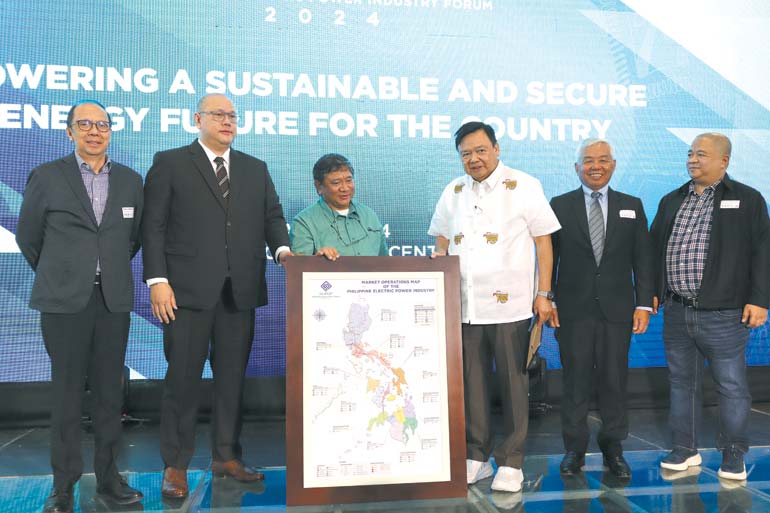
For instance, IEMOP hosted this year’s Philippine Electric Power Industry Forum (PEPIF) last April 5 at the Iloilo Convention Center in Iloilo City. The forum brought industry players to strengthen collaborations and build partnerships across the sector. It also highlighted the challenges, opportunities, as well as shared the best practices and explored the latest trends and development in the electric power industry.
Themed “Powering a Sustainable and Secure Energy Future for the Country,” this year’s PEPIF topics included, among others, “Philippine Energy Transition Plan — Opportunities and Challenges in the Renewable Sector,” “Achieving 100% Rural Electrification through Renewable Energy,” “Achieving RE Mix Targets while Ensuring Reliable Supply for End-Users,” and “Country’s Path Towards Achieving a Sustainable and Secure Energy Future.”
IEMOP’s Capacity Building Exchange on Electricity Markets Forum was also another successful initiative, bringing energy stakeholders and groups in one space. This three-day forum is designed to equip industry players with electricity market design, practices and programs implemented in electricity markets in other jurisdictions. This forum was funded by the US Department of State in partnership with the United States Energy Association (USEA) and in coordination with the DoE, ERC, and other energy stakeholders and groups.
In partnership with global consulting and market insights company Deloitte, IEMOP also hosted a workshop exploring the increasing integration of renewable energy systems in the country. This workshop aimed to share insights on energy transition, develop a high-level road map, and strategic approaches for navigating the shift to the renewable energy landscape.
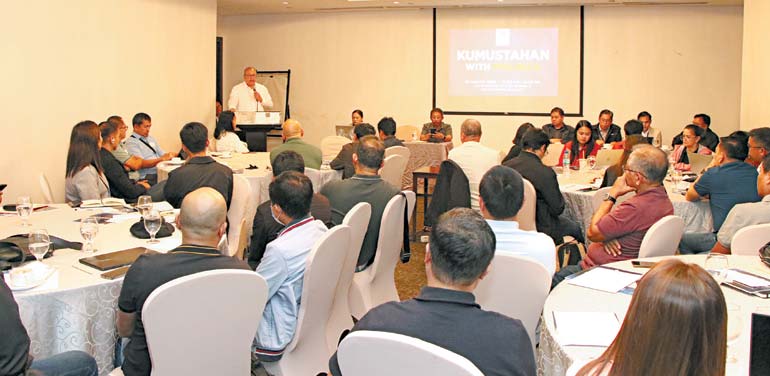
The IEMOP also recently held a “Kumustahan” session with the Philippine Rural Electricity Cooperatives Association, Inc. (PHILRECA), among others, which served as another platform for discuss-ing the latest updates, developments and the ECs concerns in the market. It also emphasized the organiza-tion’s commitment to maintaining strong communication with its participants and stakeholders. This session was organized in coordination with the DoE, ERC, and the National Grid Corporation of the Philippines (NGCP).
As more private sector players are transitioning to sustainability, efforts to ramp up energy transition is seen, with many targeting for more renewable energy share in their grid. Leading this charge, the Green Energy Option Program (GEOP) is making sustainable actions easier for the electric power industry. GEOP is a government program designed to allow businesses to source their energy directly from renewable energy suppliers. This program provides a sustainable solution for industry players, promoting the use of low-carbon sources and decreasing the country’s dependence on nonrenewable sources, all while reinforcing their commitment to environment sustainability.
In light of this, the IEMOP spearheaded a series of retail market focus group discussions and took part in various GEOP campaigns organized by a climate advocate group, which emphasized the impact of GEOP and empow-ered end-users to choose renewable energy in meeting their energy requirements.
“The Green Energy Option Program, subsumed under the competitive retail energy market, is a mechanism to empower end-users to choose renewable energy in meeting their energy requirements,” Engr. Arjon Valencia, corporate planning and communications manager of IEMOP, said.
Also, as a central registration body for the retail market (RCOA and GEOP), the IEMOP is responsible for managing the whole process and facilitating information exchange for the program.
Optimizing capacities
Embarking on another milestone, IEMOP launched the pilot stage of the Reserve Market on Dec. 26, 2023 and implemented full commercial operations on Jan. 26, 2024. The pilot stage was designed to enhance the opti-mization of market operators and system operators interfaces, alongside streamlining the central scheduling and dispatch of contacted ancillary services, and automating real-time dispatch of committed ancillary services.
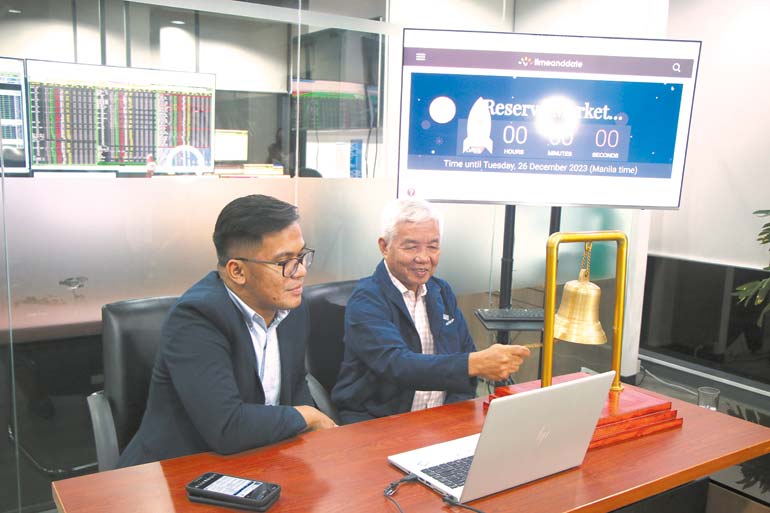
Through the Reserve Market, the IEMOP endeavors to ensure sufficient and reliable power supply across the country. Ultimately, the Reserve Market will focus on co-optimization of electricity by providing a range of electricity services that create the best energy mix. Additionally, it will serve as a platform for investors tapping into new opportunities in regards with generating capacities for both energy and reserves. This initiative supports WESM’s goals in offering efficient yet affordable electricity in the market.
“The pursuit of a co-optimized electricity market has been a challenge since the beginning of the WESM. [But] various institutions, together with IEMOP and other stakeholders, have worked together to finally see the dawn of a co-optimized WESM. This indeed is an important achievement,” Mr. Nethercott said in a previous statement.
“The operation of the Reserve Market in the Philippine WESM is a testament to our shared commitment to the growth of the Philippine Energy Sector; a growth that ensures reliability, embraces innovation, and promotes competition, all leading to transparency and reasonableness of our power rates,” Atty. Monalisa Dimalanta, chairperson and chief executive officer of the ERC, said in another statement.
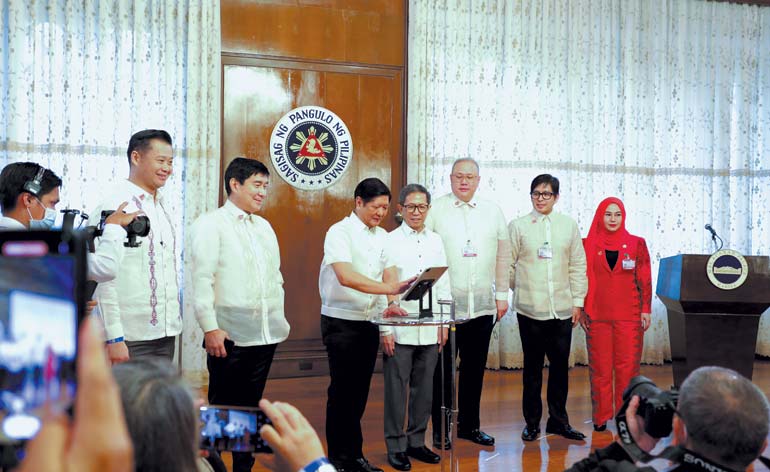
In addition, the IEMOP also marked a milestone in the integration of the Mindanao grid to the WESM, which President Ferdinand R. Marcos, Jr. said will help lower power rates and bolster investments and economic activity in the region.
Following its ceremonial launch last year, WESM Mindanao has marked success in the first month of its operations. According to the IEMOP, the Effective Spot Settlement Price (ESSP) reported was at P5.23 per kilowatt-hour, which was driven by the significant supply margin in the region, averaging at 1,429 megawatts (MW).
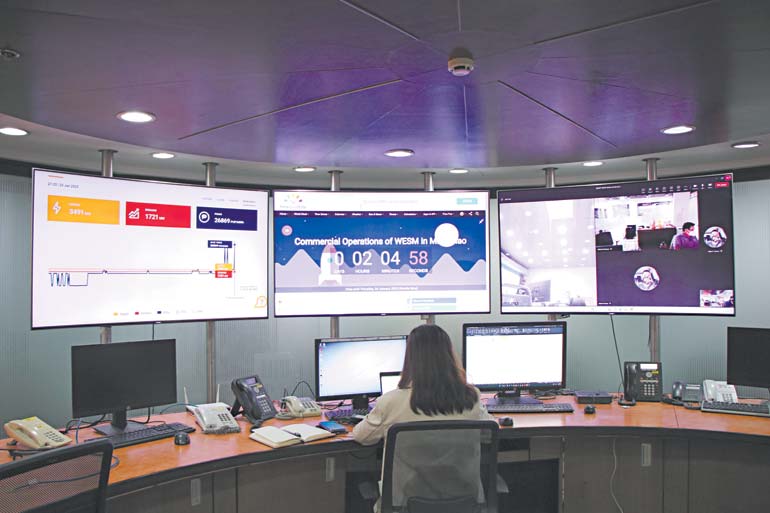
Moreover, WESM Mindanao’s scheduling and dispatching generators during the initial months of operations is found to have boosted the security and reliability of the electricity supply in the region’s grid. Notably, in efforts to support the region’s trading participants, the IEMOP is running roadshows, focus group discussions, as well as being actively involved with stakeholders.
Alongside the significant increase of system demand and electricity prices, one of the year’s standout projects, the Mindanao-Visayas Interconnection Project (MVIP), was launched and is now fully operational, con-necting Mindanao to the power grids of Visayas and then Luzon.
“The Mindanao-Visayas Interconnection Project has significantly improved supply security in the Visayas and Luzon grids by allowing excess power of up to 450 MW to be exported from the Mindanao grid. On average, The MVIP allowed an average of 341 MW to be exported to Visayas, whereas the Leyte-Luzon HVDC link connecting Visayas to Luzon provided an average of additional 296 MW to support meeting the demand in the Luzon grid,” the IEMOP said in a statement. — Angela Kiara S. Brillantes























